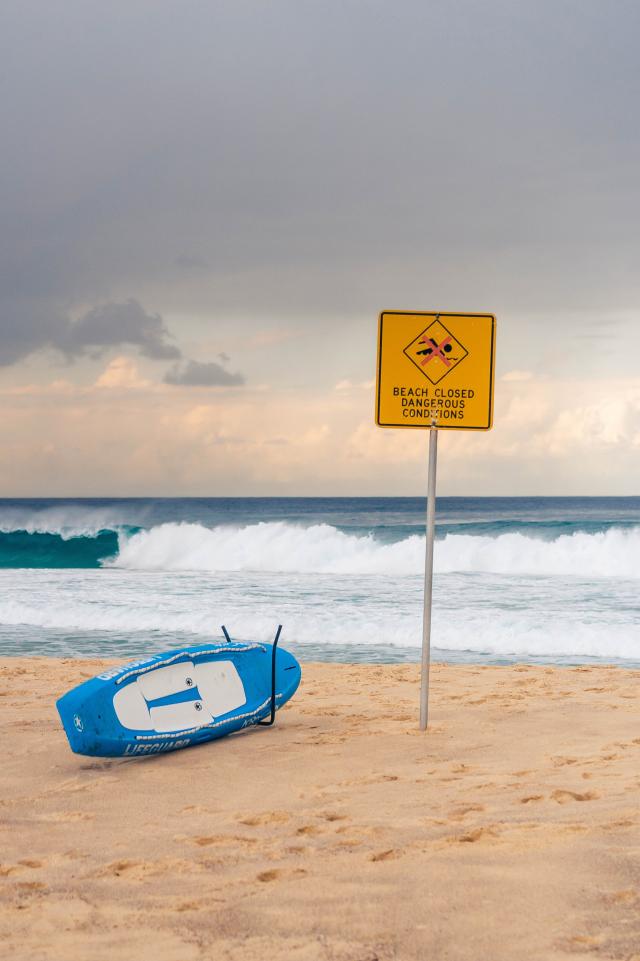
Alarming drowning statistics from Life Saving Victoria (LSV) have revealed that bystanders attempting to rescue someone drowning are at highest risk of drowning themselves.
According to LSV’s research, 28 people have drowned while attempting a rescue since 2000, with a quarter of these incidents occurring during December.
Citizen rescuers are often not trained in how to perform a rescue in aquatic conditions, which when paired with a lack of a rescue or flotation device and the difficulty of treading water while keeping a distressed or unconscious patient afloat, can have devastating consequences.
Life Saving Victoria (LSV) general manager lifesaving services Liam Krige urged would-be citizen rescuers to know and stick to their limits before racing into action in an emergency.
“It is understandable that people want to help others in trouble, but the last thing we want to see is you getting yourself into trouble, or worse,” Mr Krige said.
“That’s why anyone considering attempting a rescue must remember the first step our highly-trained lifesavers and lifeguards take, which is to check for danger, not only to the patient but to themselves and other bystanders, and consider if they have the skills to ensure they will both return to shore safely.
“That’s why anyone considering attempting a rescue must remember the first step our highly-trained lifesavers and lifeguards take, which is to check for danger, not only to the patient but to themselves and other bystanders, and consider if they have the skills to ensure they will both return to shore safely.
“If you believe you have the right skills, it is also imperative you have equipment such as a surfboard or boogie board to keep yourself and the patient afloat.”
Mr Krige said if you are not confident in the water or don’t have a flotation device, you can still help someone in distress by leaving the rescuing to the experts by alerting local lifesavers or phoning Triple Zero.
“The importance of sending for help in an emergency situation cannot be overstated,” Mr Krige said.
“If you are at all in doubt about attempting a rescue, don’t put yourself at risk, and instead alert lifesavers or lifeguards if present or phone Triple Zero.
“Tragically, 18 people have already drowned in Victorian waters since 1 July. We don’t want to see this number increase this summer, so please, make your safety priority this summer and beyond.”






